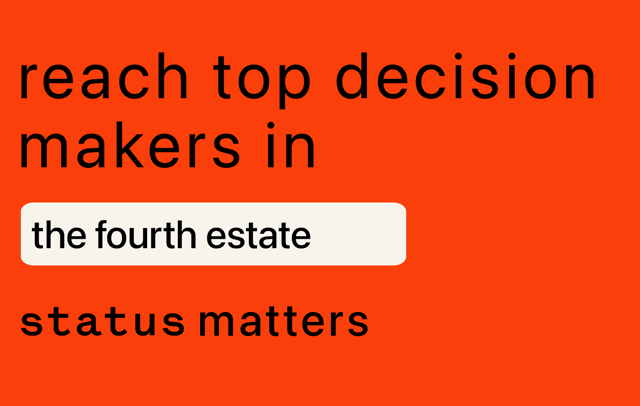AI at the Studios: The Tools Coming For Exec and Development Jobs

Erik Barmack writes about the intersection of AI and Hollywood from the perspective of a working producer. He recently covered why OpenAI’s Sora has yet to be released, AI chatbots as IP and how studios should be using AI.
This industry has spent a lot of time talking about how AI is going to potentially supplant those in creative professions: animation, acting, writing, VFX and so forth. But for this three-part series this week, I want to show you what is happening in AI, faster than you can say HAL. There’s no way to mince words here: This technology is coming for executive jobs.
I grew up playing chess. (Admittedly this was a knock against me in middle school when girls on the rally team would not give me the time of day, but it had other virtues.) At first, computers just taught us how to play. Then, in 1997, IBM’s Deep Blue beat reigning world chess champion Garry Kasparov. Since that time, the most advanced computers have mostly beaten the best players. After all, if you can learn every game and every move ever played and recall them instantaneously, you might have an advantage. “Right now,” as grandmaster and famed author Andrew Soltis has said, “there’s just no competition.”
Cold, steely acceptance, I suppose, has to be the macro state of being when it comes to advancements in machine learning, but in the entertainment industry, we’re trying to reconcile how dystopian our future might look should AI continue to grow into other functions (as expected). In May, The Hollywood Reporter published an article with the headline: “Everyone Is Using AI, But They Are Scared to Admit It.” With last month’s deal between Lionsgate and generative AI video startup Runway (which my colleague Ashley Cullins covered last week), studios are starting to overcome that fear.
The question is no longer whether it will be used, but how pernicious or widespread this usage might become.
In this special, three-part series this week (for paid subscribers only), I’ll first explore the rate of change in AI in terms of the core functions of development — and what it means for the future of jobs. In part two, I’ll cover specifically how far and how fast AI script coverage software has improved and why it is evolving beyond the basics. Finally, I’ll take a look at how your next coworker may be a chatbot (I mean, “thought partner”).
When I started this column in April, it was one thing for AI to generate decent script coverage. That would get an intern or two downsized, leaving decently paid executives on various lots relatively secure, albeit forced to get their own cappuccinos. But it’s another thing altogether if decent script coverage extends into the analytics of strategy and value.
So what happens if the script coverage equivalent of Deep Blue keeps learning, while we remain in place?
Part one today delves into a new tool — available right now — that plays the role of a creative exec, assistant, financier and marketing executive all in one.
In this issue, you’ll learn:
-
About the AI that can create comps, theatrical release strategies, casting recommendations and more
-
About a real-life example I had made dissecting the script for 2023’s The Color Purple
-
The WGA’s AI argument from the strike that’s now coming true
-
Why Hollywood might be facing its Moneyball moment
-
The five creative development jobs that AI tools are now trying to perform
-
How AI’s most valuable function now threatens Hollywood
-
Where leading Hollywood AI tools excel — and still fall short
-
Who is most vulnerable right now
Related
A top recruiter says sports marketing roles are hot right…
Jobs are opening up in the sports industry as teams expand and money flows into the industry.Excel Search &
Public employees and the private job market: Where will fired…
Fired federal workers are looking at what their futures hold. One question that's come up: Can they find similar salaries and benefits in the private sector?
Mortgage and refinance rates today, March 8, 2025: Rates fall…
After two days of increases, mortgage rates are back down again today. According to Zillow, the average 30-year fixed rate has decreased by four basis points t
U.S. economy adds jobs as federal layoffs and rising unemployment…
Julia Coronado: I think it's too early to say that the U.S. is heading to a recession. Certainly, we have seen the U.S. just continue t











